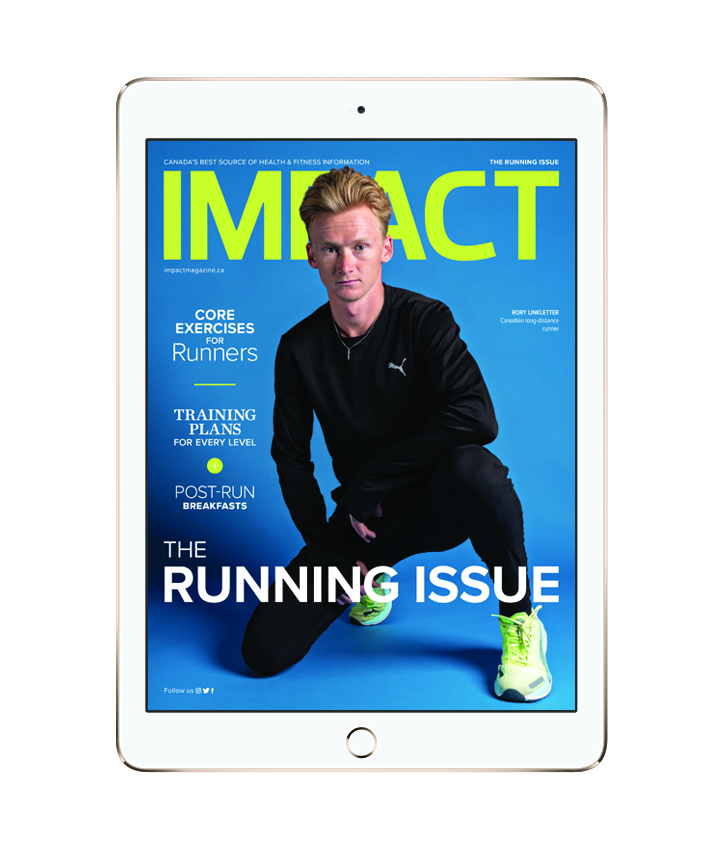
I like to think that I am a morning person in spirit, as I often wake up early. However, to say I am a morning person in practice would be an outright lie. A recent early morning running engagement proved that point. The thought of leaving the comfort of my bed one January morning to endure the Alberta winter seemed like a Herculean task to me. However, my desire to leave a positive impression with my colleagues compelled me to get ready and meet them.
This experience got me pondering if there might be additional health benefits to this preference for early morning exercise compared to my preference for running well after the sunrise. So, I put on my neuroscientist hat and identified two possible hypotheses:
- Exercise in the morning has additional physiological health benefits over exercise later in the day.
A recently published study from the U.K. (European Journal of Preventive Cardiology, 2022) provides some great insight into this hypothesis. They used wearable technology to classify people as either early morning, late morning, or afternoon exercisers and linked this data up to health records of cardiovascular health. The early morning people had the lowest risk of cardiovascular diseases, which got me curious why.
A separate study published in Cell Metabolism (2022) explored the metabolic changes following exercise in either the morning or night and found that the time of day impacted the number of hormones released and their coordination across the heart, muscles, and liver. The results even suggested that early morning exercise could promote ketone metabolism, which in turn would support people’s efforts to maintain the ketogenic diet.
While there were some mixed results, both studies together suggest that exercise in the early morning changes our body’s hormone response, and this creates unique health benefits over exercise later in the day. So it looks like this first hypothesis is supported. - People who have better health tend to exercise in the morning. We all know that there are “morning people” and “night people.”
In my personal experience, it’s best not to mix the two before 10:00 a.m. Neuroscientists have also recognized this distinction and coined the term chronotype to study differences between morning and night people.
One study published in SAGE Open examined personality differences between the two chronotypes and found that morning people, on average, tend to be less sensitive to stress, more organized, and “self-starters.” For cardiovascular health, these personality traits are critical to consider. Chronic stress has negative impacts on our overall health, but particularly our heart health, so morning people likely experience less stress-related heart strain.
More conscientious people tend to be more on top of their health concerns, leading to overall better health in the long run. Indeed, another study (The Journal of Nutrition, 2021) found that women who were night people often had a higher risk for cardiovascular disease and that this link could in part be explained by less healthy dietary preferences. One of my running colleagues on my morning run definitely displayed these personality traits, so it’s likely that this second hypothesis is also supported.
If you would like to invest in long-term cardiovascular health, incorporating early morning exercise into your routine is a key part of a successful strategy. However, if you are not a morning person, this could be a challenging goal. Even if you are a morning person, it could still be a challenging goal.
The key to success in health is starting small, sustainably and as easily as possible. Returning to my story about my early morning run on a cold winter’s morning, I used evidence-based strategies to achieve my goal of actually doing the run. To start with, I made sure to go to bed on time, as a good night’s sleep is the foundation for all brain health. Knowing my willpower is extremely weak in the morning, I prepared all of my clothes for the morning beforehand, so I literally just had to wake up, get dressed and go. I wanted to reduce any obstacles that could cause friction toward achieving my goals. Finally, I had accountability, as I really wanted to leave a good impression with my colleagues.
So, if you aren’t a morning runner but want to try an early foray perhaps start off with one morning run per week. As you achieve success, you can begin to challenge yourself with bigger goals and accumulate the health benefits.
You may also like: Meet the Cell Power Plant

Read This Story in Our 2023 Running Issue
Featuring Rory Linkletter, Canadian long-distance runner. Add to your bucket list with the top Destination Marathons Around the World. Train for 10 km right up to a marathon – plus a 70.3 program. Increase your strength and work your core with Canada’s Top Fitness Trainers. Enjoy plant-based, post-run breakfasts and so much more.















